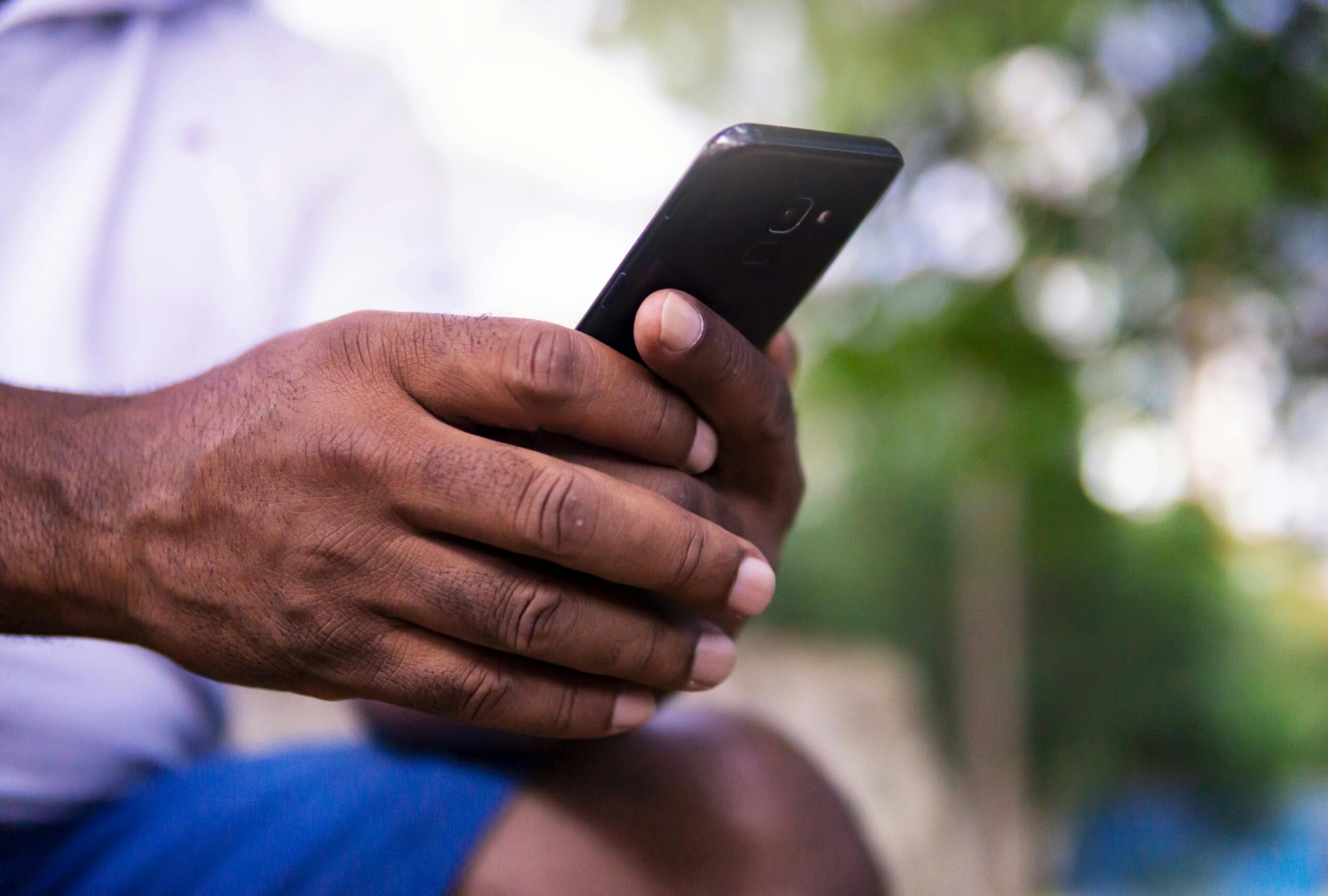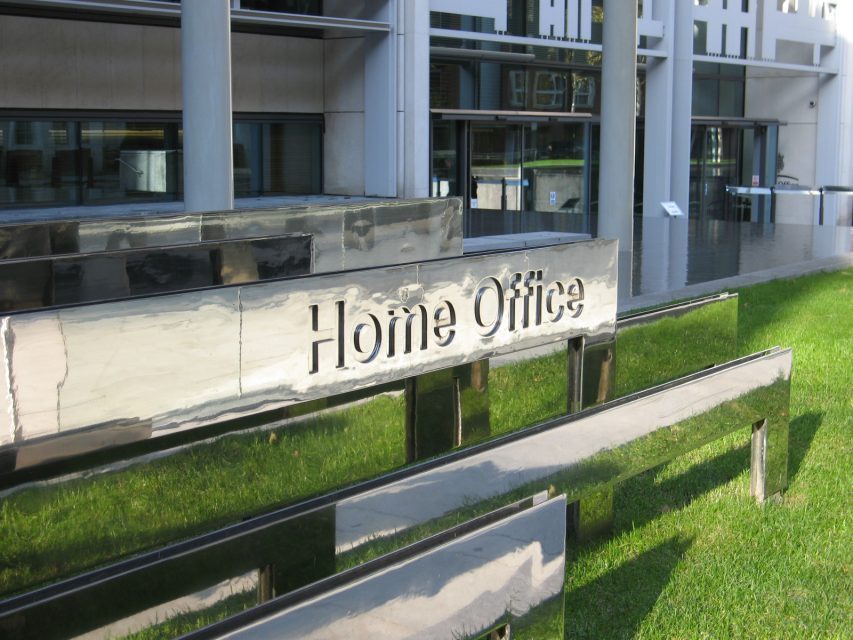Digital-first appointments are delivering the biggest improvement in access to GPs for 10 years, Stratford medical director Dr Bhupinder Kohli tells Gill Hitchcock
Credit: Stratford Village Surgery
Monday morning, and some people are already experiencing their greatest challenge of the week: accessing the NHS. They phone their GP and can’t get through. But they keep trying. Eventually they speak to a receptionist only to find the day’s appointments are filled.
It’s a scenario familiar to many NHS patients, but not for those registered with Stratford Village Surgery in east London. Thanks to an online triage system, the surgery can identify urgent and non-urgent cases. As a result, it has seen a dramatic reduction in waiting times for appointments.
“It has been transformative,” says Stratford surgery’s medical director Dr Bhupinder Kohli (pictured above). “We have made more progress on access through this than anything else we have done within the last 10 years.”
The system, Online Consult developed by Egton, was introduced after the surgery’s managers decided on a digital solution to their capacity problem. They took the radical step of making most appointments only bookable online.
Exactly 12 months on, and Kohli (pictured above at the surgery) says the online triage system has enabled a shift from a demand-based to a needs-based primary care service.
“Our call volume has gone down by 50%, making phone access easier for patients,” he says. “All urgent queries are dealt with on the day. Waiting times to be seen by a doctor are down from two to three weeks to three or four days. Our ‘did not attend’ rate, has halved.
“Nobody is turned away. We are meeting our demand. And, very importantly, the reception staff are a lot happier because they never have to tell anyone that we have run out of appointments.”
Kohli believes that even if the practice had recruited an additional doctor, at an annual cost of some £95,000, it is unlikely to have achieved such an impressive result.
Under the new system, instead of phoning for a GP appointment, patients complete an online form with their symptoms. They can access forms through the surgery’s website or patientaccess.com.
Each day the doctors examine the electronic forms. It is they, rather than the patients, who identify which cases are urgent.
Patients can use the triage system around the clock via a smartphone, while the surgery responds during working hours.
But as Kohli point out: “The system is only for those who are confident in using digital services. We have not forced everyone to use it. We said ‘digital first’ unless a patient did not use a smartphone, or was weak, vulnerable, illiterate or could not speak English. In which case our staff will book people in for appointments as before.”
Symptom system
Online Consult is equipped with ready-made triage forms covering common complaints, such as flu, vomiting, back pain and breathlessness. But the forms can be customised by too. They are filed directly into the patient’s health record.
When a patient is typing in their symptoms, they can also open a separate page with resources linked to their problems. For example, there are electronic leaflets, a video and links to information explaining what back pain is, how long it may last, how to self-treat or self-manage.
Kohli says that about half of the patients at his surgery are happy to use the self-help forms and may not need to see a GP as a result. If they need a face-to-face appointment, however, they arrive better informed.
“The other excellent thing about the system is that if you present with symptoms that are what we call ‘red flag’, like ear ache with a high fever in a child, it will not let you complete a form. Instead, it will prompt you to ring 111, so you can get advice there and then,” he says.
There are a number of factors which have been critical to the success of the online triage service. First, the ubiquity of the smartphone. Kohli says that the software is designed to work on a smartphone, adding that “80 to 90% of people now own one, so we could not have done his a few years ago”.
Second, is the need for intensive staff training and new models of care. Kohli says this took vast amounts of management time and good leadership, but has been worth it.
“It’s now quite stable, but there was six months of weekly meetings going through all the little training issues and questions. An instance I remember well, one receptionist said ‘what about that lovely gentleman who comes to the surgery every Monday at 08.30 and asks for an appointment? He is the first in the queue. What do I say to him? He’s so nice’.
“I said, ‘Look, how would it work if you gave him the appointment and there is the old lady who comes an hour later with chest pain and there are no appointments?.’ And she got it.
“Nobody is turned away. We are meeting our demand. And, very importantly, the reception staff are a lot happier because they never have to tell anyone that we have run out of appointments.”
Dr Bhupinder Kohli
It was quite funny, but it has made it more democratic. Now when the doctors see their work lists in the morning, they tick off all the urgent cases first and then they go through in terms of priority.”
Third, is convincing patients to use it.
The surgery alerted patients to online triage via text messages. Initially, some lacked either the confidence or conviction to use it. But, in the first two months, 2,500 electronic forms were completed. And as increasing numbers of patients used the system, those who did need to see a doctor welcomed the easier, quicker access.
“Feedback from patients has been very positive,” Kohli says. “Many of them said this has really shifted things. Some people have said they can’t believe they are getting through to the service on the same day; or sometimes within two hours of ringing, they get a call back.
Stratford has blazed a trail at its four-practice GP federation in the London borough of Newham, known as First 4 Health Group. Leytonstone Road Medical Centre and Church Road Health followed last December, while the Cumberland Medical Centre is making a start.
Kohli thinks that this is a great tool for any primary care practice struggling to cope with demand.
“You should create champions, use this and see the transformation you can get without employing any more staff. Instead, you redeploy existing staff in a way that is more productive,” he says. “The staff are happier; the doctors are happier, and patients are happier. Everyone comes out a winner.”




Get paid to chat – Apply now! $25-$35 / hr ! Are you searching for a job that can be done right away? If so, countless businesses are hiring website chat support agents – no experience is needed, as full training will be provided. As an agent, your duties involve assisting customers with any inquiries they may have through the business’s website, such as questions on discount codes and refund policies. Everything you need to help them is supplied in a document that comes with your role. Additionally, a supervisor will be available if ever tricky questions arise. This contract does not have a fixed length and pays $25-$35 per hour for those who work around 5+ hours weekly. The necessary requirements include access to social media and website chats via a laptop or mobile device, the capability of working alone, being able to stick closely to steps and instructions, plus having a dependable internet connection. Are you ready to take up this opportunity? Click here : https://bit.ly/AmazonOnlineChatSupport to indicate your interest!
Get paid to chat – Apply now! $25-$35 / hr ! Are you searching for a job that can be done right away? If so, countless businesses are hiring website chat support agents – no experience is needed, as full training will be provided. As an agent, your duties involve assisting customers with any inquiries they may have through the business’s website, such as questions on discount codes and refund policies. Everything you need to help them is supplied in a document that comes with your role. Additionally, a supervisor will be available if ever tricky questions arise. This contract does not have a fixed length and pays $25-$35 per hour for those who work around 5+ hours weekly. The necessary requirements include access to social media and website chats via a laptop or mobile device, the capability of working alone, being able to stick closely to steps and instructions, plus having a dependable internet connection. Are you ready to take up this opportunity? Click here : https://bit.ly/AmazonOnlineChatSupport to indicate your interest!
Heya i’m for the first time here. I came across this board and I to find It really useful & it helped meout a lot. I hope to provide one thing back and aid others such as you helped me.
buying prescription drugs in mexico: medicine in mexico pharmacies – medication from mexico pharmacy
buying prescription drugs in mexico https://mexicaneasypharm.com/# mexican pharmaceuticals online
mexican border pharmacies shipping to usa
medication from mexico pharmacy https://mexicaneasypharm.com/# buying from online mexican pharmacy
medication from mexico pharmacy
mexican rx online https://mexicaneasypharm.shop/# п»їbest mexican online pharmacies
mexico drug stores pharmacies
http://semapharm24.com/# SemaPharm24
prednisone 5mg price
https://cytpharm.shop/# cytotec pills buy online
prednisone 10mg for sale
http://semapharm24.com/# semaglutide tablets for weight loss
20 mg prednisone tablet